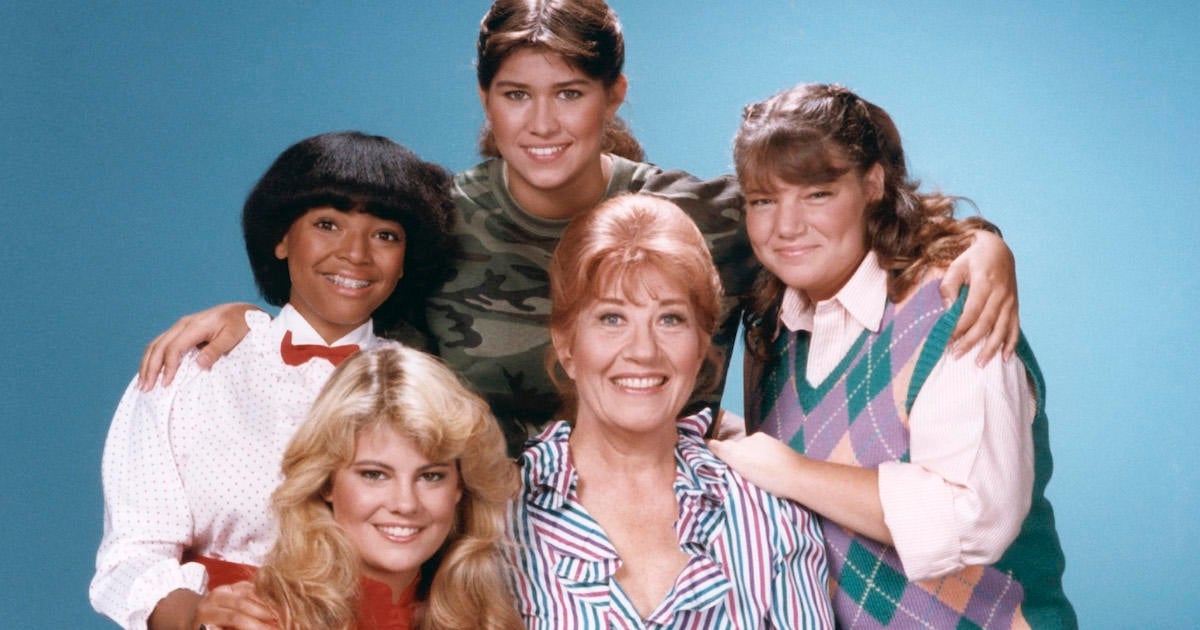Christopher Cross, Grammy-Winner, Reflects on COVID-19 Battle: 'Darkest Days of My Life'
Singer-songwriter Christopher Cross reflects on his battle with COVID-19 a few months later, [...]
Singer-songwriter Christopher Cross reflects on his battle with COVID-19 a few months later, referring to it as "the darkest days of my life." Cross was featured in this weekend's episode of CBS Sunday Morning, where he detailed his coronavirus's unique symptoms. The "Ride Like the Wind" singer may not be fully recovered until March of 2021, if ever.
Cross told CBS' Serena Altschul that he believes he contracted COVID-19 during a concert in Mexico City back in March. He was hospitalized and kept in intensive care for 10 days and was sick for a total of about three weeks. However, some symptoms persisted, and in April, he was diagnosed with Guillain-Barre Syndrome — a nerve disorder that left him partially paralyzed. Doctors said that COVID-19 likely caused this, and Cross admitted that there were some scary moments in that time.
"There was some, you know, come-to-Jesus moments or whatever, where I was looking for any help I could get to through this, to get out of this thing. Because I wasn't sure," Cross said. "It was the worst 10 days of my life. And I couldn't walk, could barely move. And so, it was certainly the darkest of times for me. You know? It really was touch and go, and tough."
Cross, 69 years old, is best known for hit songs in the 1970s and 1980s, mostly in the easy-listening genre. He told Altschul that he wants to share his story to convey this pandemic's seriousness and help as many other people avoid his fate as possible.
"I'm not a big celebrity, but it's important for people to know you can get this disease," he said. "And so, I felt it was sort of my obligation to share with people. 'Look, this is a big deal. Like, you've got to wear your mask. You've got to take care of each other. Because, you know, this could happen to you.'"
The Guillain-Barre Syndrome temporarily put Cross into a wheelchair, but his treatment has reduced his paralysis over time. Today, he uses a cain to get around, and many motor functions are still impaired, but his doctors are hopeful that he will get back to full strength -- or close to it.
"My walking is affected," Cross explained. "My speech at times can be affected. Memory is a big deal, too. Just neurologically, I'm kind of a little foggy. You know? Now I'm on medication … a nerve pain medication, which also can cause some fogginess. But until I can get off it at some point, I won't know how clear I would be. But most people with Guillain-Barre heal about 90-percent to 100-percent over about a year. That's what my prognosis is."




